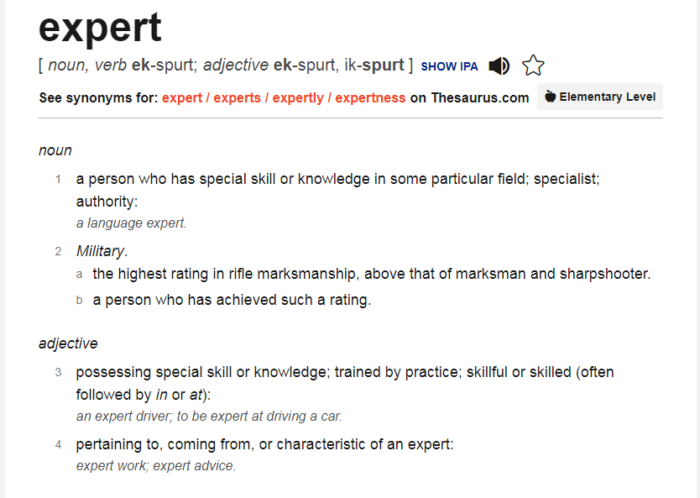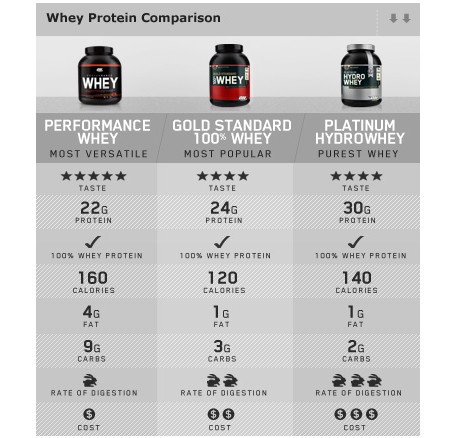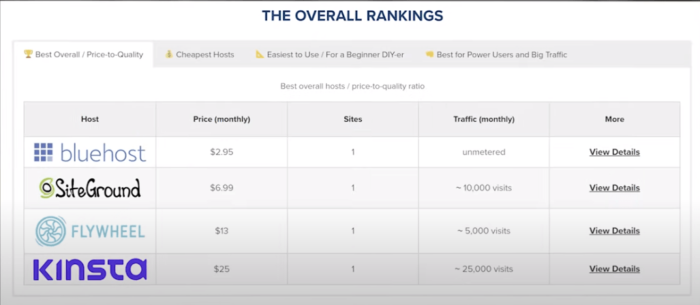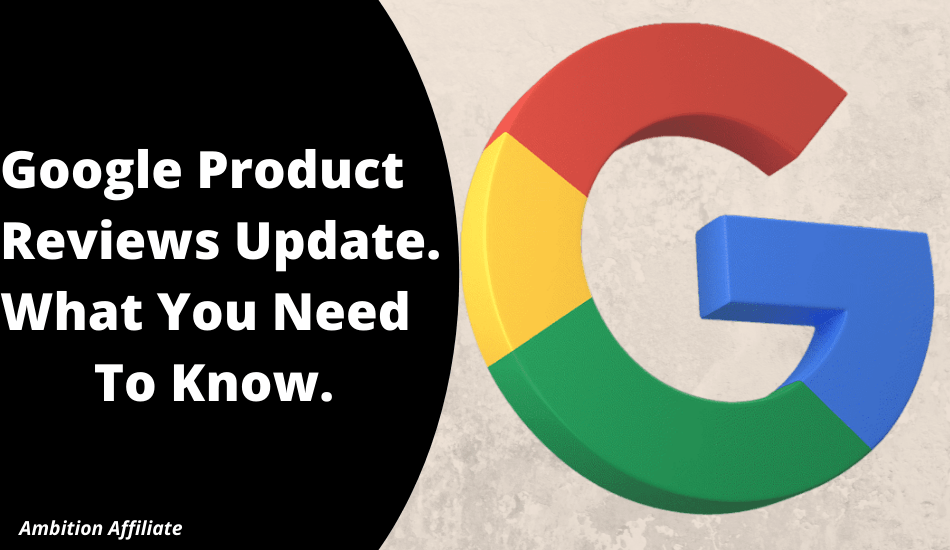Google Product Reviews Update. What You Need To Know
In this article, I’m going to explain everything you need to know about the latest Google Product Reviews Update, how it’s affecting affiliate marketers’ sites and what steps you need to take to upgrade your existing content in order to benefit from this massive change.
Table of Contents
The Update
On April, 8th Google announced the release of the Google Product Reviews Update, which is designed to reward product review content that provides in-depth research. This is opposed to penalizing content that doesn’t meet these standards, which is an important point that I’m going to address later.
What types of sites does this affect?
Any type of site that produces product review content, but the most common type of site like this would be an affiliate site.
But that doesn’t exclude other types of sites that have a different primary goal, but affiliate review content on the side like the New York Times, Wirecutter section, or Forbes the worldwide authority on pillows, as we all know.

What constitutes product review content?
According to Danny Sullivan, it’s any type of product review, whether it be a single product review like a review of ExpressVPN or a review round-up that covers the best VPN services.
What does this update attempt to do, and how does it affect your rankings?
According to Google says that the Google product reviews update is meant to reward content that shares in-depth research. And that’s supposed to summarize thin content that you can find on the product sales page of the manufacturers.
The main focus will be on providing users with content that provides insightful analysis and original research and is written by experts or enthusiasts who have good knowledge about the topic.
Now, before jumping to solutions, if you have a site that you think has been hit by this, it’s not so much that you’ve been penalized, but your competitors have been rewarded.
But I’ve come to the conclusion that this isn’t an update, that’s site-wide, and that can affect your entire website.
It should only be affecting your review content pages and it shouldn’t be touching your informational content pieces.
If Google isn’t penalizing any content, but only rewarding exceptional product review content, then we can infer that there should be no movement for informational type.
Keywords like “Does VPN slow down internet?” or “. What are the benefits of juicing?”
Now, even if you’re not doing product reviews in your content right now, you still need to pay attention to this, because this may spread into service reviews as well.
Google wants original research
Google wants experts writing the content.
And they want demonstrations of the product.
Do you need to go out and order every single protein powder you’re reviewing and then get Arnold Schwarzenegger to eat them all and write about them? I don’t think so.
In order to determine if your content is in line with the expectations of this update, Google has provided a list of questions, which is good so that the writers can update their content guidelines and include these questions I’m about to discuss.
Let’s go through them.
Does your review express expert knowledge about products where appropriate?
This is a pretty vague question because it doesn’t really define what is meant by experts.
According to dictionary.com, we can interpret expert to mean someone who has more knowledge than a majority of people on a subject or in our case product.

Most people would only know about a product from the product sales page itself. So, let’s assume everything on this ExpressVPN, FAQ page to be common knowledge, not expert knowledge.
How can you go above and beyond this?
First, you can straight up ExpressVPN and set up a simulation environment looking at stuff like the impact on upload and download speeds.
Maybe not all that is necessary.
You could compare ExpressVPN versus NordVPN in an objective review, which I guarantee you, you’re not going to find on the product page.
Also, let’s think about what do people use VPNs for?
A lot of people use VPNs to watch streaming services in non-US countries. So you could come up with a table of download speeds using a VPN in various countries, or how about analyzing their support response time.
You can send them a technical question via their contact form and see how long it takes for them to reply.
That data point in your Review takes 10 seconds to collect. Thinking of stuff like this is super easy, just go to Reddit and you’ll find bajillion things analyze and put in your product reviews.
Thinking of stuff like this is super easy, just go to Reddit and you’ll find a bajillion things to analyze and put in your product reviews.
And even if you’re not reviewing the product yourself, if you collect dozens of different data points on a product, compare to their validity, and then give your opinion, aren’t you at least somewhat of an expert, or at least an enthusiast
You need to show what the product is like physically, or how it is used, with unique content beyond what’s provided by the manufacturer.
I think the keyword here is show, but how can you physically show that you’ve used a product other than actually buying it or if you’ve even bought a product like a Protein Powder?
How do you even prove that you own it?
What this means to me is having unique images. We have to think about how Google and algorithm would detect this use unique images of the protein powder you’re reviewing rather than the stock images on the manufacturer site.

Photoshop is your friend or screenshots of the user interface of the product.

You should provide quantitative measurements about how a product measures up in various categories of performance.
You should be doing this anyways too often. I do see reviews that don’t have any comparison criteria. If we use the example of protein powder, let’s say you’re reading a roundup of the best Whey protein powder, If they’re simply ranking them one to 10 for no apparent reason at all, should you trust them?
We should be looking at criteria like price, taste, quality ingredients, and digestibility.

As I said, you should be doing this already in your content: you’ll be converting a lot better as well.
You should explain what sets a product apart from its competitors.
This right here is the ultimate reason why product review content is even so popular on the internet in the first place.
The sales pages of the manufacturers are not going to be unbiased when it comes to showing how they’re stacking up against the competition.
Delivering this knowledge well should be your entire goal when you’re writing product reviews. This is super easy to do with the comparison table and a review roundup, like this awesome table done by Code in WP for the best WordPress hosts.

But this should happen even in your single product reviews as well
You should cover comparable products and even explain which products are best for certain situations.
This means you can’t just sell, sell, sell when you’re doing your single product reviews. You have to highlight some of the pros and some of the cons.
One thing you can do in our single product reviews is, to mention your other reviews and provide links for them so that the reader can check those out as well.
We even provide links to our comparison pieces such as comparing ExpressVPN versus NordVPN
And if going back to what they said about offering different products in certain situations.
This likely means that we need to be breaking down our roundup reviews into subsections.
Like I this article about the best web hosting for SEOs
You should discuss the benefits and drawbacks of a particular product, based on research into it.
Okay, we talked about this one before you can’t just sell a product. You have to talk about the drawbacks as well.
You can’t just highlight the pros. You need to highlight the cons also. You have to do this anyways. It makes your reviews more believable and you convert better.
The next one is more interesting
You should describe the evolution of a product and how it’s improved over time.
This can be valuable to readers to know that the product is being maintained and developed over time.
This one definitely takes some research, even if you look at the release notes for ExpressVPN, it’s pretty much useless, but at least you can know how often they release updates, which is better than most products review content will do
 .
.
You’re already ahead of the game, but a quick little email to the company can be sent in 10 seconds that can get you some solid information for your review posts.
You should identify key decision-making factors for the product’s category and how the product performs in those areas.
This one is an interesting kind of a repeat from the categories of performance from before, but they gave a nice example.
For example, a car review might determine that fuel economy, safety, and handling are key decision-making factors and rate performance in those areas.
Again, you should be doing this anyway and it doesn’t take too long to think of what should be the key criteria. Not to sound like a debug, but if you don’t know what the key criteria should be for a washing machine, you shouldn’t be writing reviews on washing machines
You should describe key choices in how a product has been designed and their effect on the users.
For example. I prefer cloud-based SEO tools and services because it keeps all the data in the Cloud and it makes things a lot easier for my team to access projects. I think you got the point.
You need to point that out when you compare two products.
So now that I’ve gone over everything that Google has given us to think about.
How can we bring this analysis above and beyond the obvious?
First, I’d like to think about this update algorithmically.
Algorithmically, how can Google even determine if the content is different than the manufacturer’s page? Well, they look at the content difference.
Are the words entities and semantic relationships on the review page different than the product page?
The manufacturer’s sales page should be full of “Power Words” and rosy sales sentences like “ No matter where you are or what devices you’re using a single ExpressVPN subscription has got you covered”.
Your review pages should be different.
They should be filled with a whole different set of objective words. Words used to objectively describe products, words like compare, tests, and findings. Original reviews would also contain a lot of words like we and I such are sentences like “I then tested download speeds from Hong Kong”.
This is where Google’s NLP algorithms are sort of going to come into play and they’ll start to identify sets of words and corpora that are will show up on review pages, as opposed to manufacturer’s pages.
But here’s another inception level to this. Should product reviews differ from each other? Do they not only need to be different than the manufacturer’s page but also from each other as well, to be perceived as original?
Will we go back into a universe where whoever has the longest content has the advantage just because their chances of having something original in there is higher! We’ll have to wait, and see? It’ll take a long time for the content world to adjust to this change.
I hope you’ll find this article useful and provide you with insight into the latest Google Product Review update.
To Your Success.



